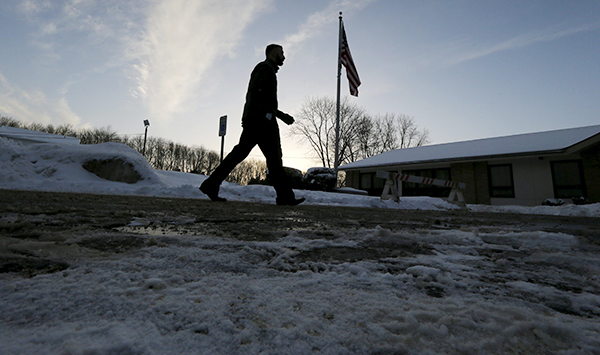Economic issues sidelined in US presidential primary
(Xinhua) Updated: 2016-02-11 07:27
 |
|
A voter heads in to the Ward 6 polling place to vote in New Hampshire's first-in-the-nation presidential primary election at sunrise in Manchester, New Hampshire February 9, 2016. [Photo/Agencies] |
Barry Bosworth, researcher with the Brookings Institution, another Washington-based think tank, said it may take several more weeks or months for real proposals on the economy to emerge.
"Neither party has any great suggestions on how to deal with the issues of employment and income growth that seem to be the dominant economic concerns of voters," he said.
If wages don't begin to budge, economists expect voters who aspire to become middle class may cast their ballots for the candidate with the most feasible income growth plans.
Days before the New Hampshire primary kicked off, economists at JP Morgan warned that the recession risk in the US is rising rapidly despite the rosy pictures that the Federal government is outlining.
Stalling labor productivity, plummeting crude oil prices and a stronger US. dollar are weighing on corporate profitability. That could lead to a greater likelihood of sharp economic slowdown in the quarters ahead, they said.
Other investment banks even issued more aggressive warnings of recession risks.
Gideon Dunkley, a retired university administrator who lives on a comfortable pension plan, said he believed Donald Trump would be the best candidate to take care of the economy.
"He is a raw businessman and he knows how the economy functions. But to take care of the US economy, he has to walk between both sides of the aisle. But it seems he is not good at it," he noted.






